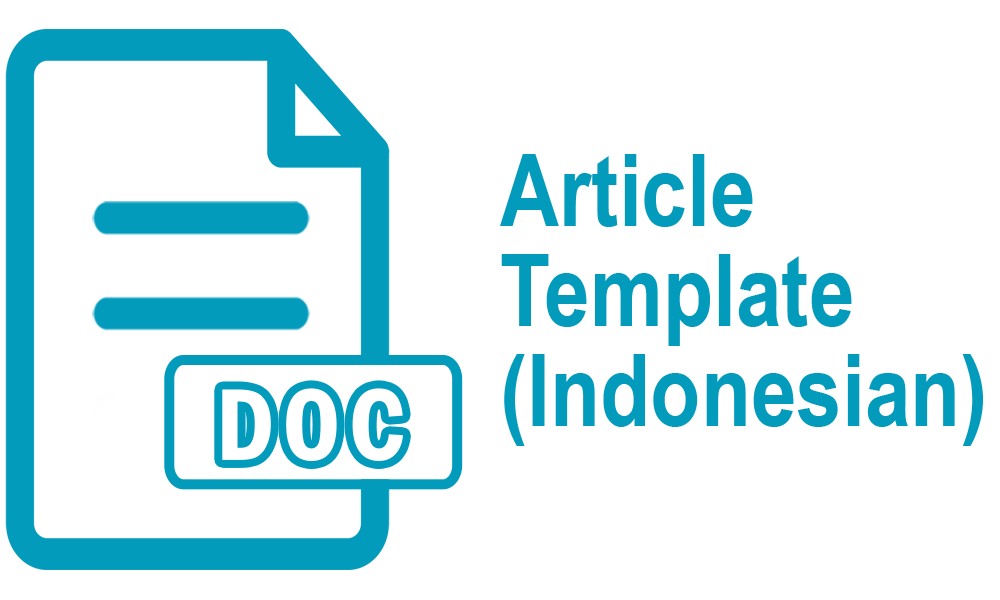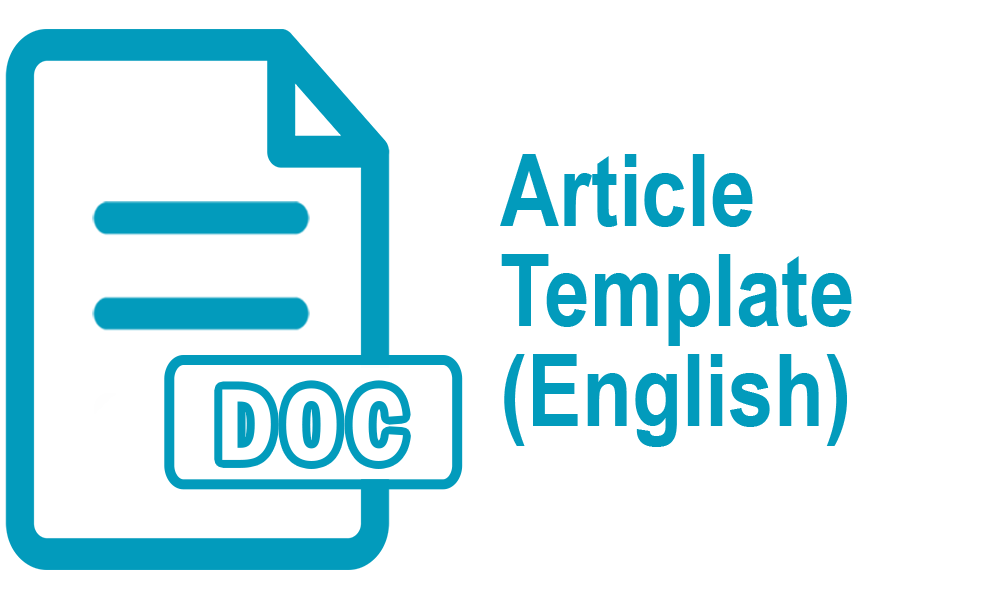Deconstruction Perspectives toward the Characters in Langston Hughes’ Father and Son Short Story
Abstract
Keywords
Full Text:
PDFReferences
Abrams, M. H. A Glossary of Literary Terms. 7th ed., Earl McPeek, 1999.
Baumeister, Roy F., et al. “Bad Is Stronger than Good.” Review of General Psychology, vol. 5, no. 4, 2001, pp. 323–370., https://doi.org/10.1037/1089-2680.5.4.323.
Bennet, Andrew, and Nicholas Royle. An Introduction to Literature, Criticism and Theory. 3rd ed., Routledge, 2004.
Bressler, Charles E. Literary Criticism: an Introduction to Theory and Practice. 5th ed., Longman, 2011.
Cuddon, J. A., and Habib M A R. A Dictionary of Literary Terms and Literary Theory. 5th ed., John Wiley & Sons, 2013.
Dinurriyah, I. S. “The Meaning of Beauty through A Woman Image in Stephenie Meyer’s Twilight”. NOBEL: Journal of Literature and Language Teaching, vol. 7, no. 2, Sept. 2016, pp. 82-97.
Dobie, Ann B. Theory into Practice: an Introduction to Literary Criticism. 3rd ed., Cengage Learning, 2012.
Dubois, David, et al. “Social Class, Power, and Selfishness: When and Why Upper and Lower Class Individuals Behave Unethically.” Journal of Personality and Social Psychology, vol. 108, no. 3, 2015, pp. 436–449.,
Goble, Erika. “Facing the Ugly Face.” Phenomenology & Practice, vol. 5, no. 2, 2011, pp. 6–19.
Haugaard, Mark. “Power and Meaning.” Journal of Political Power, vol. 10, no. 1, 2017, pp. 1–5.
Hubbard, Dolan. “Symbolizing America in Langston Hughes's ‘Father and Son.” The Langston Hughes Review, vol. 11, no. 1, 1992, pp. 14–20.
Hughes, Langston, and Arnold Rampersad. The Collected Works of Langston Hughes. Vol. 15, University of Missouri Press, 2002.
Kenan, Shlomith Rimmon. Narrative Fiction: Contemporary Poetics. 2nd ed. Great Britain: Routledge. 2002.
Laine, Nina. Trust in Superior-Subordinate Relationship: An empirical study in the context of learning. University of Tampere, Finland, 2008
“Lonely Definition & Meaning.” Dictionary.com, Dictionary.com, 2022. Web. Accessed 1 December 2022.
“Loved – Definition, Meaning & Synonyms.” Vocabulary.com. 2022. Web. Accessed 1 December 2022
Powell, Jim. Deconstruction for Beginners. For Beginners, 1997.
Riach, Graham K. A Macat Analysis of Gayatri Chakravorty Spivak's Can the Subaltern Speak? Macat International, 2017.
Salmieri, Gregory. “Egoism and Altruism.” A Companion to Ayn Rand, 2016, pp. 130–156., https://doi.org/10.1002/9781118324950.ch6.
Seeman, M. “Alienation: Psychosociological Tradition.” ScienceDirect Topics, 2002. Web. Accessed 1 December 2022.
Smith, Kyle D., et al. “What Defines the Good Person? Cross-Cultural Comparisons of Experts' Models with Lay Prototypes.” Journal of Cross-Cultural Psychology, vol. 38, no. 3, 2007, pp. 333–360.,
“Surrounded”, Macmillan Dictionary. Macmillan Education Limited, 2009. Web. Accessed 1 December 2022.
“Unloved Definition & Meaning.” Dictionary.com, Dictionary.com. 2022. Web. Accessed 1 Desember 2022.
Wellek, Rene, and Austin Warren. Theory of Literature. London : Cape, 1949.
DOI: http://dx.doi.org/10.30872/jbssb.v7i2.11039
Refbacks
- There are currently no refbacks.
Copyright (c) 2023 Muhammad Jaini Rasyid
Editorial address:
Fakultas Ilmu Budaya, Universitas Mulawarman
Jl. Ki Hajar Dewantara, Gunung Kelua, Kec. Samarinda Ulu, Kota Samarinda, Kalimantan Timur, Indonesia 75123
Email: jurnalilmubudaya.fibunmul@gmail.com
Website: http://e-journals.unmul.ac.id/index.php/JBSSB
Ilmu Budaya: Jurnal Bahasa, Sastra, Seni, dan Budaya is licensed under a Creative Commons Attribution-ShareAlike 4.0 International License






